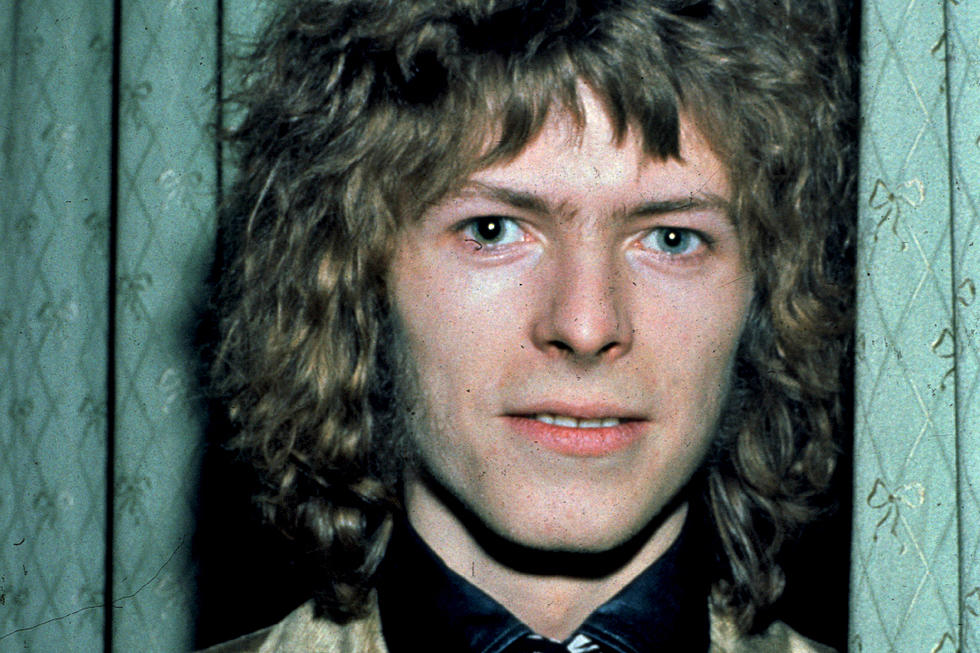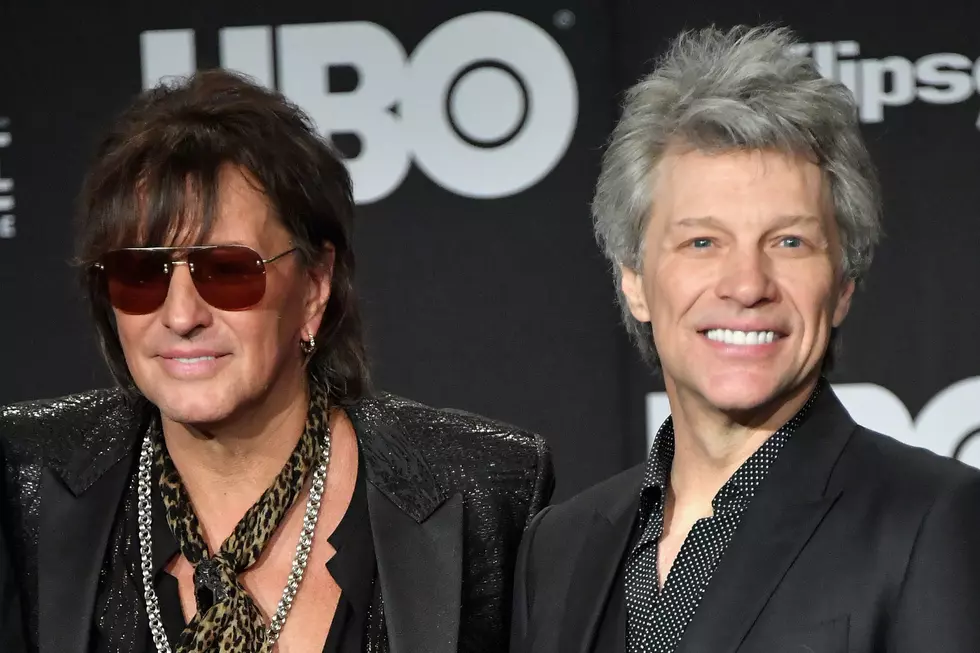
How David Bowie Found Himself on His Second Self-Titled LP
Before he'd scored his first true hit, David Bowie had been kicking around the London music scene for five years. Between 1964 and 1965, the man born David Jones had released a few flops with some short-lived blues-inspired bands, including Davie Jones and the King-Bees, the Mannish Boys and Davy Jones and the Lower Third.
He’d been forced to create a stage name by the popularity of the Monkees (and their own Davy Jones), and in 1967 released his debut, titled David Bowie after his new moniker. The album of twee music hall tunes and psychedelic folk failed to chart. Bowie split with his record label and wouldn’t put out another record for two years. That second record, also titled David Bowie, came out in November 1969.
Its inspiration stemmed from what he did in the interim. Bowie flitted between a few more London groups, discovered the Velvet Underground and became a devotee of Lindsay Kemp – a dancer/mime who would have a major impact on Bowie’s future personas. He also saw Stanley Kubrick’s 2001: A Space Odyssey, which would heavily influence the musician’s first classic song.
In early 1969, Bowie unveiled "Space Oddity" to his musician pals, and recorded a couple of demo versions of the song that merged prog with folk. Based on a tape that included "Space Oddity," Mercury Records signed Bowie to a one-album deal (with an option for more, if it proved successful). A little-known producer named Tony Visconti also liked the demo tapes – with the exception of "Space Oddity," which he thought was a silly novelty song to tie into the summer’s Apollo 11 moon mission. Visconti agreed to helm Bowie’s record, although he handed off production duties on the intended single to his associate, Gus Dudgeon.
Recorded on June 20 with future Yes keyboardist Rick Wakeman on Mellotron and rush-released on July 11 (mere days before the moon landing), "Space Oddity" became a massive hit in the U.K. It zoomed to No. 5 on the charts in Bowie’s native Britain, although it flopped in the U.S. It would end up earning Bowie the Ivor Novello Award for songwriting.
Meanwhile, Bowie continued through September recording his new album, which would still be primarily based in folk-rock, while featuring some more ragged production, progressive sonic augmentations and pointed social commentary. Sure, the album had its share of forgettable love songs and not-quite-Dylan-esque ramblings, but other tracks forecasted a more ambitious musical future. The nine-minute "Cygnet Committee" began Bowie’s obsession with writing about messianic figures and dystopian worlds. The similarly epic album-closer "Memory of a Free Festival" took a sly swipe at hippie idealism.
Upon its release, there was some confusion given the title, possibly even resulting in reduced sales. For this reason, the album was renamed Man of Words/Man of Music when it was put out in the U.S. Adding further to the record’s mess of monikers, when the LP was re-issued in the ’70s (following Bowie’s 'Ziggy Stardust'-fueled breakthrough), it was named for the hit it contained: Space Oddity. Digital era re-releases have featured both the original and the re-issued title.
Despite featuring a huge hit and displaying a fair amount of musical growth for Bowie, his second album failed to chart – although it did much better in its post-Ziggy re-release. Still, Mercury was encouraged by the smash single and offered Bowie the opportunity to record another studio record, which would be 1970’s The Man Who Sold the World.
More importantly, perhaps, David Bowie began a long creative partnership with producer/multi-instrumentalist Visconti, who would not only oversee the next Bowie album, but a number of gems, including the three “Berlin” albums and his 21st-century comeback records.
David Bowie Albums Ranked
More From KKTX FM










